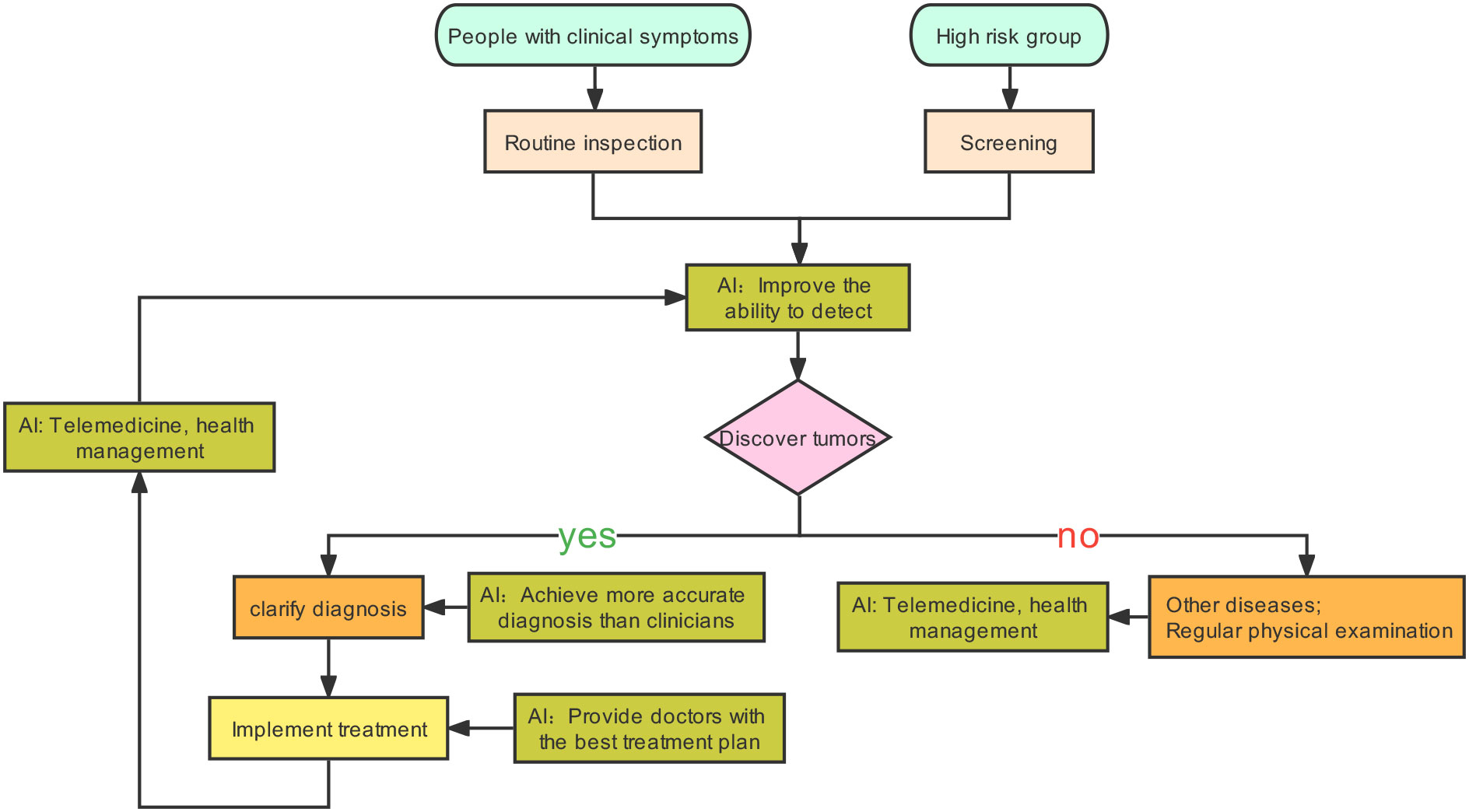
A Revolutionary Blood Test Enhanced by AI Could Transform Early Brain Cancer Detection
In a significant advancement, researchers at Johns Hopkins University have introduced a pioneering method for brain cancer detection through a straightforward blood test powered by artificial intelligence (AI). This cutting-edge technique, recently outlined in a publication in Cancer Discovery, is capable of recognizing tumors months ahead of symptom onset—providing hope for earlier and potentially life-saving treatment options.
An Urgent Demand in Brain Cancer Diagnosis
Brain cancer has consistently presented a serious challenge for healthcare providers. Typically, brain tumors are identified only after they manifest critical symptoms—such as seizures, neurological impairments, or ongoing headaches—leading many patients to be diagnosed at advanced disease stages. The complexity of early diagnosis is compounded by the blood-brain barrier, a crucial protective mechanism that prevents harmful substances from impacting the brain while also hindering cancer biomarkers from significantly entering the bloodstream.
Nonetheless, the Johns Hopkins strategy overcomes this challenge by focusing on more than just direct tumor signals. Through the use of AI to analyze both DNA fragments derived from cancer and subtle systemic alterations in response to brain tumors, researchers have developed a test that is significantly more precise than existing options.
The Scientific Mechanism Behind the Breakthrough
Victor E. Velculescu, M.D., Ph.D., co-director of cancer genetics and epigenetics at the Sidney Kimmel Comprehensive Cancer Center and senior author of the study, notes that the novel method identifies brain cancers by synthesizing multiple layers of biological data in a “next-generation AI liquid biopsy.”
This technique does not solely depend on mutated DNA that escapes the brain into the bloodstream—a rare occurrence. Instead, the test examines the entire genome for fragmentation patterns typical of brain cancer. Moreover, it includes immune system signals that bypass the blood-brain barrier. This comprehensive approach effectively captures both indirect markers and cancer-specific DNA.
“We have finally developed a method for brain cancer detection that leverages its unique traits,” expresses lead study author Dimitrios Mathios, M.D. “Some signals originate directly from the tumor in the brain, while others stem from the immune response it instigates throughout the body.”
Promising Results in Global Trials
The research team implemented this approach on a varied cohort of 505 patients across the United States and South Korea. Remarkably, their AI-enhanced test accurately detected brain cancer approximately 75% of the time—significantly surpassing traditional blood diagnostics, which identify fewer than 10% of such instances. An independent group of 95 patients from Poland was utilized to confirm these results, further validating the test’s dependability.
The Significance of Early Detection
The implications for public health are enormous. Annually, millions of individuals visit emergency departments and clinics reporting chronic headaches. Although most cases are not brain cancer, a small yet notable fraction is—and current diagnostic measures frequently overlook these cases until much later in the disease progression.
To assess the test’s practical application, researchers employed computer modeling and projected that if this liquid biopsy were administered to the 10 million patients who present with headaches each year, it could reveal nearly 1,700 additional brain cancer diagnoses currently missed by standard procedures.
Building on Prior Achievements
This recent progress expands on Dr. Velculescu’s earlier work on liquid biopsies tailored for lung cancer—technologies that are already in clinical use. The brain cancer-specific test is even more advanced, utilizing machine learning to analyze complex patterns of DNA fragmentation and repetitive genomic sequences specific to central nervous system tumors.
An intriguing element of the study was its examination of the systemic immune response triggered by brain tumors. Patients with brain cancer frequently demonstrate systemic immune suppression and distinct immune cell distributions within their blood. These “immunological fingerprints” were critical to the test’s efficacy and may provide further insights into disease severity and progression.
What Lies Ahead?
While the results are promising, researchers emphasize that additional work is necessary. The team is currently planning larger, prospective clinical trials, particularly targeting individuals at elevated risk of developing brain tumors. If validated in future research, this testing approach could lead to guidelines advocating for routine screening among patients with unexplained or chronic neurological symptoms.
A Collaborative Initiative
In addition to the contributions from Johns Hopkins, the research benefited from the involvement of numerous institutions, including Washington University in St. Louis, Stanford University, and the Medical University of Lodz in Poland. Financial backing came from the National Institutes of Health (NIH) and various nonprofit organizations. Portions of the technology have been licensed by DELFI Diagnostics, a company in which several authors have declared financial interests.
A Vision for the Future
The AI-powered blood test represents a potential revolutionary change in the detection, diagnosis, and treatment of brain cancers. By allowing physicians to pinpoint these tumors before they lead to serious symptoms, this innovative technology could significantly enhance patient outcomes, offering more opportunities for timely therapeutic interventions when they are most effective.
As this diagnostic tool progresses through broader clinical trials and